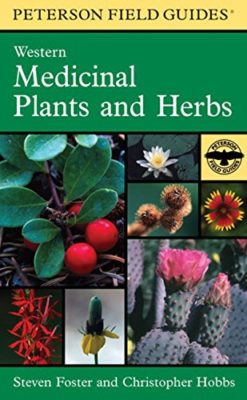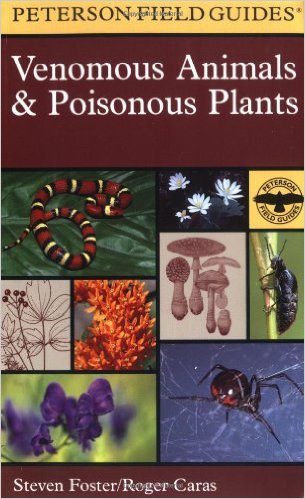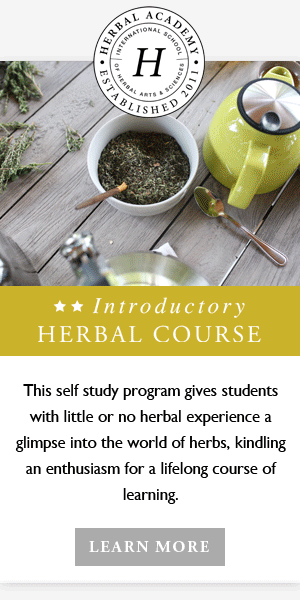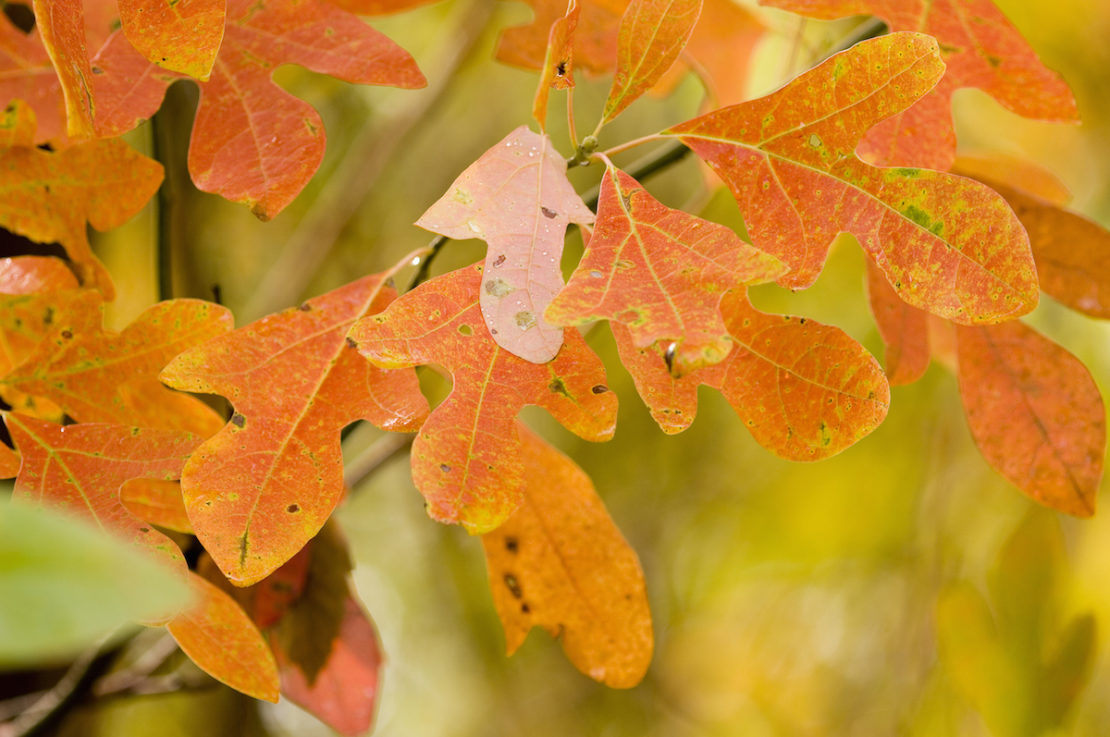
Teacher Feature: Steven Foster
We have so many wonderful teachers here at the Herbal Academy. Their perspectives, wisdom, and experiences come together in amazing ways to inspire students and other teachers alike!
We’ve been introducing a new teacher every month with an interview here on the blog, and you’ve met a few through this series already, most recently Anne McIntyre. Today, we would like to introduce you to herbalist, botanical photographer, and writer Steven Foster.
Steven partnered with us on the Advanced Herbal Course and we are thrilled to share this interview with you so you can get to know him a little better. He has become well known for his herbal books and photography, but he started his herbal journey at the Sabbathday Lake Maine Shaker Community when he was a teenager.
Herbal Academy: In your bio on our website, you mention beginning your herbal career at Sabbathday Lake Maine Shaker Community when you were 17. What brought you there? Did you have an interest in working with plants or herbalism prior to your time at Sabbathday Lake, or was that where it all started for you?
Steven Foster: In the spring of 1974 in Cumberland, Maine, a walk in the woods with a friend sparked my interest in plants. We saw a Trillium blooming (Trillium erectum), and I said, I wonder what that is?” My friend, Colleen, responded, “My grandfather calls it stinking Benjamin and says that they used to use it as an aid in childbirth.” “Oh,” I replied, “Fascinating. That makes me want to learn the names and uses of all of the plants.”
Later that fall, in my senior year of high school, I enrolled in a work study program, intent on a career in the museum field or restoration. The head of the work study program, a new teacher that year, had worked as a guide at the Shaker museum at Sabbathday Lake, Maine, and suggested I go up there for an interview. I did and landed an after school job for the fall semester, initially to work in the museum. On my first day on the job, one of the sisters at the community asked me to dig some burdock root for use in a blood cleansing tea. That was the beginning of my herbal career. After being there a few weeks, I ended-up working in the Herb Department full time and fell in love with the work. The summer of 1975, I put in my first herb garden, and by the end of 1977, I had established three acres of production herb gardens. It was an incredible educational opportunity.
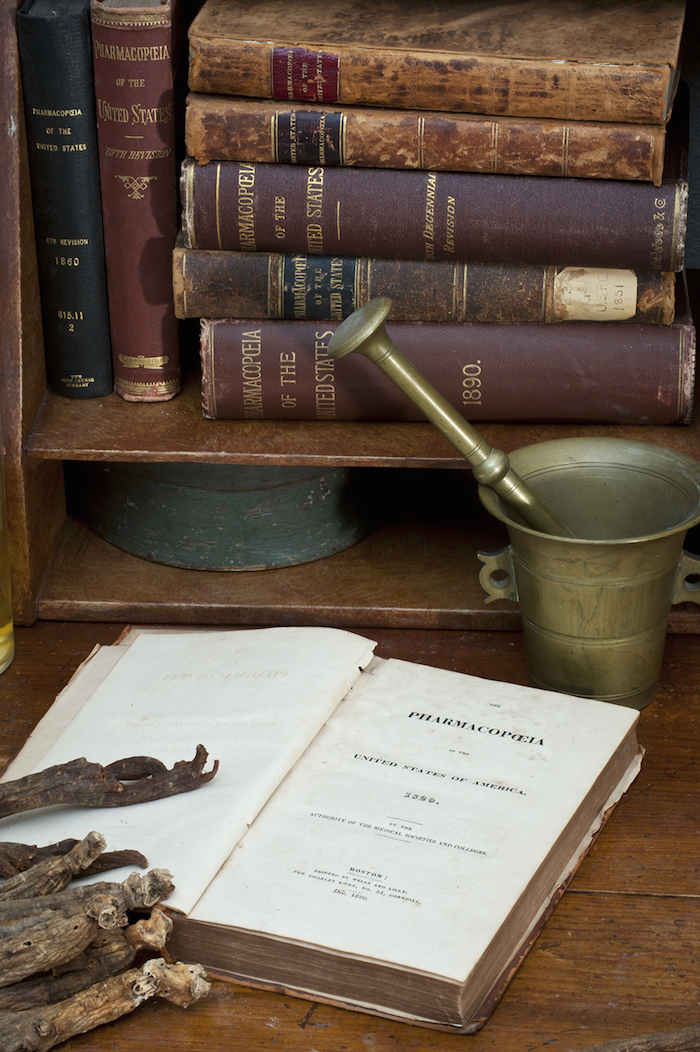
Image Credit: Steven Foster
Herbal Academy: As an herbal professional you make a living with writing, lectures, consulting, and photography. How did each of these arenas open up to you? Was it a natural extension of your interests that developed organically, or did you intentionally seek those paths?
Steven Foster: All of those areas were a natural extension of my interests, pushed forward by people I met early on in my career. Les Eastman, an amateur botanist, then working for Maine Audubon and the U.S. Fish and Wildlife Service on field surveys of threatened and endangered plant species in Maine, took me to the fields and taught me the basics of botanical field identification. I met him when I was 18 years old. He invited me to write my first article on medicinal plants of Maine for the Maine Audubon Quarterly in 1977.
I got my first camera while with the Shakers in the summer of 1975. There were world-famous photographers coming through the community on a regular basis and part of my job was to shadow them while they were in the community or the museum. My first published photographs were sixteen images of Shaker objects in Thomas Moser’s How to Build Shaker Furniture published in 1977. What he didn’t know was that my images in the book were from my first roll of film from my first camera. While at the Shaker village, I met the late Chinese botanist, Dr. Shiu-ying Hu (1908-2012). She was the first Chinese-born woman to get a Ph.D. in botany from Harvard in 1949, and she took an active interest in my education and pushed me to read and study botanical literature. Bro. Theodore Johnson of the Sabbathday Lake Shakers also encouraged me to study historical herbal texts from the Shaker Library at the Sabbathday Lake Shaker Village which has a rich collection of historical works on herbal medicine along with manuscripts reflecting the Shaker herb industry and use of herbs in the communities. Lecturing, then consulting were soon to follow.
Herbal Academy: Will you share with us about your experience protesting the FDA’s action against sassafras by tossing sassafras into Boston Harbor, Boston Tea Party style?
Steven Foster: In the Federal Register of 3 December 1960 (25:12412), the FDA banned safrole from use in human foods because in laboratory tests with mice, safrole was found to cause liver cancer. In the Federal Register of 11 May 1976 (41:19207), the FDA clarified the earlier ruling banning the sale of sassafras bark and leaves from herbal teas, stating that the intended purpose of making sassafras tea was to infuse safrole (a food additive) into water (a food). Since that time, sassafras has been sold in health food stores labeled: “not for food use” or “for external use.” In 1978, the then-fledgling, now defunct Herb Trade Association held a tea party at the Boston Tea Party Ship and Museum at the annual trade show of the National Nutritional Food Association, the old trade association of mom and pop health food stores. Most years they held their show in Las Vegas, but that year it was in Boston.
I was staying with a friend in Boston, and David Copperfield (publisher) and Barbara Salat (editor) of Well-being Magazine were also staying there. Well-Being was one of the first alternative health magazines, published for about five years from 1974 or 1975 until 1980. They introduced me to others at the show with herbal interests, one of whom was Mark Blumenthal, later the Founder and Executive Director of the American Botanical Council, whom I’ve worked with since. He talked me into driving back to Maine before a reception at the Boston Tea Party Ship and Museum, to get my stash of sassafras bark. So I drove back to Maine, and came back the next day for the reception. In response to the FDA’s sassafras ban, a symbolic handful of sassafras bark was offered to the famed harbor.
Herbal Academy: In your bio, you also mention that “This year—2015— marks my 42nd year immersed in things herbal. . . ultimately it’s about how we serve and love others. We are one.” Based on your own experiences, what do you feel is most important for the herbal community to remember that will keep us strong, vibrant, and united going forward? In what concrete ways can we serve and love others as herbalists?
Steven Foster: Basically we can help other people to learn and grow. Above all, listen, be generous and offer a helping hand. Move your ego aside.
Herbal Academy: In 2008, you were given the American Herbal Products Association’s Herbal Insight Award for furthering the knowledge and understanding of medicinal plants as a photographer, and commended for your ability “to capture the elegance and intimacy of the ‘human-plant relationship’” This seems like an impressive testament to the way an artist’s eye can inspire individuals and a whole industry- your photos have ap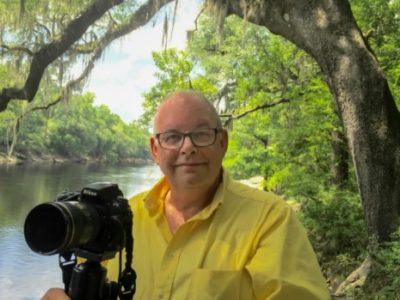 peared in many herbal publications, books, and marketing materials. Do you have any advice for up and coming artists who want to work in the herbal field in some way?
peared in many herbal publications, books, and marketing materials. Do you have any advice for up and coming artists who want to work in the herbal field in some way?
Steven Foster: Follow your heart, embrace your passion.
Wherever your herbal journey leads you, we hope that you also have the chance to develop your talents in your own unique way and follow your hearts as part of the amazing herbal community that is growing all around us!

